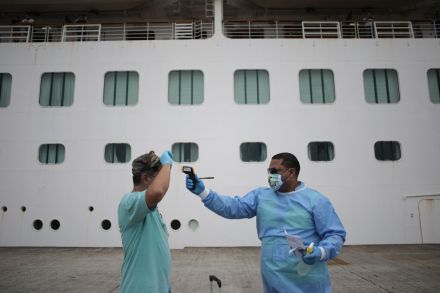Immunity to coronavirus may be far more widespread than thought
Two weeks ago I wrote here about a study by the La Jolla Institute for Immunology in California, which found that between 40 and 60 per cent of people who had never been exposed to SARS-CoV-2 – the virus which causes Covid 19 – nevertheless seemed to develop an immune response to the disease in their T Cells. They appeared to have a cross-reactive immunity which had been gained through exposure to other coronaviruses – those which cause the common cold. Now comes another study providing more evidence of the same phenomenon from a team at the Emerging Infectious Diseases Program from Duke-NUS Medical School in Singapore. Nine of 18





















